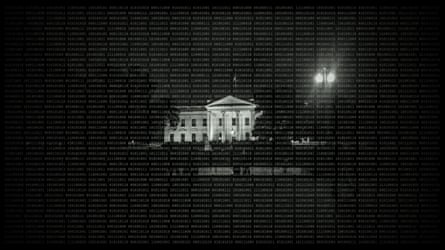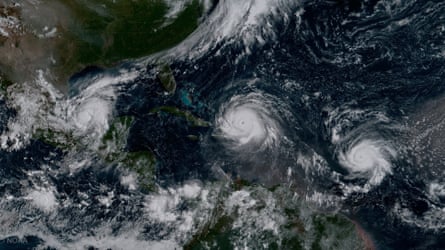Democracy is not a zero-sum game. Behaving as if it is degrades democratic process and our personal political sovereignty.
A zero-sum game is a contest for control of finite resources. Whatever one gains, another must lose. When two or more candidates compete for a single public office, only one can win, so many people view politics as bloodsport, applying “winner takes all” thinking to everything political. But elected officials are not conquerors; they are sworn servants to all their constituents.
The beating heart of a free society is the guarantee of personal political sovereignty, safeguarded by transparent institutions, checks and balances, and a free press.
Political sovereignty is informational sovereignty. Disinformation disempowers. Distortion of our informational environment has slowed humanity’s overall effort to eliminate corruption and transcend harmful practices, like those that destabilize Earth’s climate.

What corrosive hyper-partisanship misses is that human intelligence, creative collaboration, and adherence to basic principles of fairness, make more good possible and so result in real value added — throughout the system, for the benefit of everyone.
Success requires dealing ably with complexity.
Neurons in the human brain organize themselves into vast 7-dimensional sandcastle structures — flashes of consciousness that emerge and disappear in millionths of a second. Brains are organic synaptic networks. More connections mean more possibilities – more “going on.” Bigger, more complex constellations of neural-attentive cohesion are effectively a bigger landscape for thoughtful attention, recall and imagination — an expanded, diversified space for figuring out what needs figuring.
Zero-sum thinking strips intelligence from our politics. Generative thinking recognizes that complex constructive interactions make us smarter, more capable, freer, and more secure.

At the human scale, we naturally demand trustworthy generative value-building be an organic part of our experience. If we are informationally sovereign, we can scale up smart decision-making to correct hidden market failures and expand routine access to increased value for everyone.
To distort and disrupt climate and energy decision-making, carbon polluters spent hundreds of millions of dollars over several decades. Their aim was to degrade the sovereignty of voters, consumers, rivals in the innovation space, the free press, and even nation states.
Such corrosive behaviors have undermined the competitiveness of polluting industries, making outdated methods appear longer lived than they stand a real chance of being, even as they build up unprecedented, nonlinear carbon liability. Market forces will eventually stop rewarding ever more costly carbon-intensive practices that put irreplaceable natural life-supports at risk.

• In 2017, the United States spent as much in disaster relief — for floods, wildfires, drought, and storms — as the total comparable spending from 1980 to 2010.
• We now have scalable clean power-generating technologies, cost-effective industrial-scale and in-home battery storage, and rapidly expanding clean finance.
• In many places, wind and solar are now cheaper than coal, and distributed energy production systems are supported by decentralized information networks.
• Entrepreneurs are learning to empower communities to share surplus clean energy amongst themselves, overruling the market dominance of fuel-burning power plants.
The practice of depending on society (and natural systems) to absorb unaffordable costs of doing business generates massive structural debt — investment risk and secondary liability built into the structure of the economy. Soon, markets may have access to high-precision calculations of such costs, in near real time. There is no reason for such risky business models, or corrupt institutions, to continue to undermine humanity’s ability to solve big problems.
• We are now witnessing the rise of high-efficiency climate-smart finance to drive new investment and innovation in many sectors.
• The mainstreaming of green bonds and application of smart carbon pricing policies will make the whole economy more efficient at building value for people, institutions, and enterprise.
• High-resolution Earth systems science and new data technologies will soon allow us to acquire actionable resilience intelligence at both the planetary and human scales.
The work of making a better, freer, more livable world is in our hands. We owe it to each other, and to those who will come after us, to go beyond zero-sum thinking, out-maneuver corrosive political actors, and build new value wherever human ingenuity allows.
Joseph Robertson is Global Strategy Director for Citizens’ Climate Lobby, Founder and President of the Geoversiv Foundation, and lead strategist in the Resilience Intel initiative.

Comments (…)
Sign in or create your Guardian account to join the discussion